Has Technology Changed What it Means to Be an Artist?
The Automated Muse - Who Wins When Creativity Gets Optimized?
🎶 Some philosophy music to remind you of these ideas at a later date…
Society has long romanticized the suffering artist, laboring away in endless obscurity for their craft.
For centuries, art has been inseparable from the human who created it - their vision, their struggles, their unique perspectives on life all leave an impression on the final creation. This is true even when we're unsure who the artist even was (looking at you Homer!)
However, in just a few years, technology has fundamentally disrupted this relationship, reshaping the connection between artist, art, and audience. Technology is undoubtedly a faster and cheaper option for nearly any task it can take on, but who gets to decide what tasks it should take on, for the "betterment" of society?
We live in a strange paradox of a time, when "everyone is an artist" and the materials needed to start are more accessible than ever… and yet more and more people are opting to check out of the creative process entirely. Many people want to be seen as an artist, but fewer people actually want to be an artist, which means doing all the arduous stuff actual artists have to do, like learn and practice their craft.
As our online life becomes ever-more algorithmically optimized and AI-generated content floods out feeds, some troubling questions have arisen:
Are we racing toward a future where efficiency matters more than purpose?
Are we witnessing the democratization of creativity or its commodification?
Has technology expanded artistic possibility, or just accelerated its consumption?
Socrates stated that the unexamined life isn't worth living. Much could be said about how little society examines it's digital feed-filled life, but today I wonder if unexamined art is worth creating. As technology increasingly blurs the line between creator and tool, we face fundamental questions about effort, meaning, and human expression. Topics philosophers have grappled with for millennia.
My point today is not about rejecting technology but about reclaiming something essential about art that transcends mere production. The mythos of the artist is changing before our eyes, a transformation that will impact anyone who cares about authentic expression, connection, and freedom of thought.
— Everyone's a sellout… The Commoditization of Art
Talk to any of the purists of folklore and they'll tell you the same thing: Everyone's a sellout and it's jeopardizing the integrity of Art.
Jokes aside, what do we understand to be "Art" these days?
What distinction can or needs be made between things done for expression and things done for profit? Or merely for the sake of putting food on the table?
Can widespread "virality" be seen as a genuine form of artistic appreciation?
Technology's promise, as always, arrived as a doubled-edged sword. It has democratized art, blurred the line between creator and consumer, and placed increasing pressures on the shoulders of artists while laying abundant opportunities at their feet. Society's definition of art has been broadened and yet it becomes increasingly hard to discern between excitement and anxiety over where this all is heading.
While more opportunities to "monetize one's art" (a phrase I can only assume was coined by one of the Renaissance greats) would seem to be a positive, the commoditization that follows can devalue the craft… and if we want to be just a wee bit romantic about it, diminishes the human experience and the amount of magic in the world.
Suffering for one's craft was once a hallmark of the starving artist, and certainly the greatest claim to fame of platforms like Spotify and Youtube is that they do offer a direct way for creators to make tangible money from their creations (some asterisks here for another time, of course.)
Now, I don't think the ‘starving artist’ mythos should be romanticized but the side-effect of its existence was a filter of sorts. You didn't make art as a grown human unless you really loved it and felt compelled to do it. Why else on earth would you spend years learning to master guitar, or renaissance color techniques, or the effect of lens focal length on emotion, or animation… where you know there's a one in a million chance at best that it will prove profitable?
Simply put, there was no reason to create art unless you had something you wanted to say and felt compelled to do so. (I suppose there were renaissance minstrels and such who swindled folks but, then again, that could only happen when there were abundant easy ways to make a buck.)
The unintentional side-effect of making art easy and (potentially) profitable is that it attracts people who aren't actually interested in making art. With modern technology you can leverage tools so ‘art’ can be made without any need to learn the discipline of an artist. We have magic buttons now, that path is there if you want to take it so, for some, it's just a way to make money, a means to an end. Even if its not technically hurting anyone, its taking attention away from real artists who care and can shape the human experience.1
Of course, art is not meant to be elitist. Anyone, literally any person or living being, can be an artist, and you don't need a lifetime of training or anything at all as means or permission to start making good art. The only thing required is a genuine desire to express an idea in a interesting way.
However, the issue isn’t really that charlatans exist but that the tech platforms have increasingly shifted the focus of the conversation onto the end product of art, the part that can be sold. It allows for the ends to justify the means, and if extrinsic rewards are all that are measured, then many will just take the quickest route to the end, negating the process of learning along the way, leading to a dumber populace over time.
An Uneasy Alliance - Art and Commercialization
This tension between art and commoditization is not new, but modern life forces these two worlds into an increasingly uncomfortable co-existence. Marketing rules all, and while there are more avenues to succeed, that also means there are more avenues to explore and invest time and effort in. Its no wonder the modern artist is stressed and stretched thin; making your art is only half the battle, next you need to turn it into content in different ratios and formats.
The new reality artists must face is a trade off between time spent creating content vs. time spent deepening once's artistic development. Any artist with an IG or TikTok account will tell you there are days you feel like a dancing monkey trying to have a serious conversation about your broken soul online.
The one art that ALL modern artist must excel at is the Balancing Act. There is no shortage of skill stacks to be learned and the merry-go-round never ever stops.
Now, business and commerce move at a certain speed and it wold be unfair not to ask, is this the same speed art should be created at? Could the rapid pace of digital technology clash with the more deliberate pace of artistic creation? Art has often called out how the pace of technology can contribute to feelings of alienation and superficial engagement with cultural life, both in artists and consumers.
While digital tools can amplify voices and build communities online, there are concerns that art is losing its capacity to inspire contemplation and profound emotional reactions. With so much stuff available to experience, its hard to let any one thing sink in.
Today, the modern artist does have access to many more "paths to monetization" to keep their bellies full (hypothetically) but they have few new resources for how to enrich their inner world and spirit, in order to create their best art and make sense of an infinitely complex world.
— How can Big Data optimize art?
There is, I think, a deeper root cause to this mismatched pacing. It is a fundamental disconnect over understanding what art is, a product vs. a process. Technology is in a perpetual rush to get to the end, 'do more things faster' is the unquestioned guiding commandment, so Thucydidean expediency2 is the law of the land.
Art is not a product. Even when it does result in a 'product' this product is intended to be a gateway to a larger idea, and interacting with this idea is yet another process. No art can exist without an idea and a process (this is why our AI friends make awesome things, but I'm not sure if it's art.)
Often we hear of artists who 'discover' what their artwork will become during the creative process, as opposed to having a fixed blueprint in advance and then assembling it like a machine. The creative PROCESS is an important part of the human experience that many people neglect, perhaps because they are embarrassed by their under-developed abilities…
But anyone can improve, and getting "good" at art isn't really the point, rather it's the journey of development that your mind goes on when you attempt to bring something into being from nothing. This is one way for the mind to grow, and we must continue to encourage us all to take this journey.
It seems Big Tech has misunderstood artistic values. Speed and efficiency are helpful but not the prime motivators for most artists, at least not the way they might be for an entrepreneur. This is where a lot of AI marketing is currently missing the mark. A lot of us artists actually enjoy the "slog" that is required to create something. We're not trying to create a product, we're just trying to bundle our ideas in a way that can be shared, felt, and understood by others.
“There's more to life than increasing its speed.”
- Gandhi
The Fast and the Curious
This disconnect may have started with the rise of Big Data, and its promise of limitless optimization. We are now fully moved in to the Age of Optimization, where we were promised cures for diseases and a better allocation of resources for the prosperity of all. However, tangibly, it feels like the only initiative that got any real focus was 'How to make things more buyable."
We live in a world that has optimized for sales, not character building. If you don't see how that could be a problem, my friend, you need Philosophy most of all.
In the span of two or three decades our obsession with how data, outputs, and profits can be maximized has become firmly entrenched, and it is the intangible benefits of artistic thought and creation that are often sacrificed in the name of "optimization."
Art does not have a standard score card by which it can be judged; it is not a metrics-based effort and there is no way to quantify the immense benefits society and culture has received from unique artistic visions and efforts over the ages. As such, its not hard to see why it has become an easy scapegoat in policy and budget discussions.
Economics, profits, optimization… these are the true Gods of America in 2025. I can state "I firmly believe the best art is NOT created with ROI being the primary motivating factor" and yet, how many corporate boardrooms do you think would invite me back for further discussion if I do?
The Illusion of Knowledge
Here I am reminded of the ancient philosopher's warning, that there is an immense difference between information accumulation and wisdom development.
Because it involves fancy machines and modernity, we tend to think Data is infallible, but its only another in a long line of soothsaying techniques. Sure, the numbers are likely more reliable than, say, augury or haruspicy but HOW the data is interpreted is still a human endeavor and WHO does the interpreting is of the utmost importance.
A pile of rocks could be anything from a burial tomb to a store of ammunition for an unseen catapult. If you take one thing away from this whole long article I hope its this: do not trust anything you're told unless you trust the person who interpreted the data AND understand their motivations.
By relying on the wrong metrics, Big Tech has arrived at the wrong conclusion about art, treating it as just another "problem" to be solved. Rather than tackle disease, or world hunger, or human suffering, Big Tech decided the most pressing crisis to address was that corporations were spending way too much money on the humans in their Creative Departments. Low hanging fruit indeed…
To a certain sect of the Business class, art is little more than the decoration that convinces people to buy a product, and I don't think anyone wonders why they would be interested in the idea of creating more "art" for cheaper. One wonderful thing about art is that every person who makes it does it a little differently and there is immense value in this diversity of perspective. The variety of art that exists is a feature, not a bug, and homogenizing outputs is a direct assault on the human spirit.3
Technology has long relied on a certain 'ace in the hole' to justify everything it has ever done - Convenience. In the name of lessening the amount of effort we need to put into our daily lives, nearly all modern atrocities are committed. "Effort" seems to be a cringe word, if you're exerting it you must be some poor loser who hasn't heard about the future yet.
But Effort is what gives things meaning and purpose - in fact, I'd go so far as to say that "effort" is the determining factor in whether something is "art" or not.
Arigato Mr. Roboto
We are of course dancing around the topic of AI, which has accelerated and complicated this whole discussion. I'll only dip my toes in for now but - in a nutshell - generative "art" seems great to people who don't know about art, in the same way that the Black Eyed Peas make "music" for people who don't really care about music.4
The messaging from leading AI companies has been crystal clear: "This is a tool to save time and effort," "you can create 100 XYZs in the time it used to take you to make 1," etc… This entirely misses the point and is obscuring a false premise, that "art" is, basically, the same thing as "content."
Creating more "stuff" at a faster rate is NOT a victory for art. I'll be the first to say art is entirely useless if its not imbued with some feeling by its creator. Why in the world have we embarked on a path where we celebrate human expression being automated and out-sourced?
Let me back up and say one thing: I like AI and I use AI (responsibly) on a nearly daily basis. Like all technology, it is only a tool to be used for the good or ill of it's wielder.
What I am suspicious of is the profit motives of the companies that have developed these AI tools.
Bringing these tools into existence has also generated certain existential anxieties that we humans have never had to seriously confront before (like, maybe we're no longer the smartest force on this planet?) and the tech companies have been irresponsible in their inability to address the mental health concerns it has created. But I digress…
The existence of generative AI has reframed the discussion around creation - machines can do it cheaply and instantly, so what's the value of humans spending time on this work anymore?
But, it is the implied reinterpretation of the term "value" that has been snuck into this conversation that is most troubling. Increasingly, "value" is reduced solely to monetary profit, negating things like character development, societal betterment, or improving the well-being of others as activities that have any “value.”
Again, be aware of who is hosting the narrative.
The fact that AI "art" is effortless is exactly why it is not art.5 I'm not saying you need to suffer for your art but you do have to try; Effort, not necessarily suffering, is inherent to the artistic process. Technicalities aside, AI only creates products (outputs) and cannot genuinely show process.
"Music is a verb not a noun" - Christopher Small
Can AI be used creatively? Yes, of course, 1000% and many amazing artists do so every day... but when misused, it represents a race to the bottom in terms of artistic value.
— Social Media and the Perpetually Underdeveloped Mind
AI comes hot on the tails of another world changing development for artists: social media.
Because "posts" need to be packaged and presented a certain way to get engagement, and must convey a certain type of info because blah blah blah etc., social media arrests us in a perpetual beginner-consumer mindset; great for a while but, for a lifetime, maybe not so much…
Let's be real, the general flooding of our our psyches each and every day with advertising-laced, surface-level content numbs and dumbs our minds. You need to stretch a muscle for it to grow, but online platforms rarely reward depth, so our intellectual muscles rarely get the chance to stretch and grow, never learning to take on greater, more complex thoughts and ideas.
And in case you need to hear it from someone who has way more followers than me, Dan Koe agrees:
If all you ever see is beginner content and you've been consuming it for months/years/an entire life, you might think you know a whole lot of things, when really you know little more than what has been taught to you by commercials.
(We do not discuss enough how much of our day to day life and culture is derived from stimuli presented to us by algorithms, often in a commercially motivated context.)
Now some might argue that not everything on social media is surface level "beginner" content, and sure there are counter examples… But I still contend that a person does not "become knowledgeable" about anything by spending 2 minutes or less thinking about it, while in the midst of countless other stimulating and unrelated ideas competing for your attention.
The humility of "knowing that you don't know" (Socratic Ignorance) is gone from today's discourse; we're all drunk on the illusion of knowledge, fed to us 24/7 from a magic cellular box that might as well be attached to our bodies. Weaponized marketing has convinced us we can speedrun experience.
Though older artists have their own struggles with social media, younger artists might actually be suffering the greater damage from all this. The pressure to create easily digestible social content can prevent younger artists from spending time on the deep exploration needed to develop an artistic vision; the lure to create something "marketable" is now forever glowing off to the side of the Path.
The very nature of certain platforms being dominant means that artists must constrain their art to certain boundaries imposed, and younger artists may never know anything else. Examples might be, on Spotify, god save your soul if you write a song with an intro longer than 10 seconds, or good luck going viral on Instagram if you're art doesn't feel instantly engaging in a 3×3 inch box on an endlessly scrolling feed.
The best art comes from new ideas which BY DEFINITION don't fit in… yet. The algorithm has no time for fluffy thoughts like this, which probably explains why we're stuck in a perpetual cycle of design nostalgia.
— Reclaiming Value, Artistic Vision
Plenty more can be said, but where exactly are we supposed to go from here? The commodification of art through technology is an old take at this point and the age old question remains for every artist: At what point do you sand down your edges so you can fit in the box?
Are artists who fit in boxes worst than ones who don't?
Not necessarily, a person can feel an earnest need to express something that just happens to be commercially viable; it happens all the time. It really comes down to everyone's favorite buzzword, authenticity. Did you need to sand off corners to fit? WHY did you create the art in the first place?
To be identifiable, an artist needs a lens to see the world through, and ideally one that can be shared with others. This lens can change throughout an artist's life but it must thread the needle between something uniquely 'the artist' and something that (hopefully many) others can also see something relatable in as well.
There is no one way to develop this vision, it's a life long process, but something that can often help is… engaging with Philosophy! To engage in the Socratic dialogue, whether with another person or just an abstract idea, requires active participation and questioning, the very opposite of the algorithmic doom scrolling of passive consumption.
We need to spend time, every day, working with new ideas. Talking to people, in a friendly way, is one simple way to do this. Another easy and enjoyable way is to engage with art. The more we wrestle with ideas, whatever they may be, the more we work the muscles of our mind. Our abilities grow and we become able to entertain and express more sophisticated ideas.
Engaging with ideas, not refuting them but giving them honest thought even if you ultimately don't agree with them, expands our own ability to express complex thoughts.
And while you're at it, don't stop at enjoying art, create some as well. Art is a wonderful part of the ever-evolving philosophical dialogue that has accompanied humanity since the dawn of civilization, and taking part in it is everyone's right. Create art, on any subject, at any level.
'Good' art is not a matter of skill but expression and connection, it is art that is in meaningful conversation with the viewer/listener/experiencer, provoking ideas and probing unexplored areas that exist in other people's minds as well.
Increasingly, it is important that we choose and use our tools intentionally and, most importantly, that we determine things for ourselves, rather than passively accepting what advertising tells us. Technology provides massive leverage for many things that an artist, or any person, must do, but your creative choices are probably the one thing you should not be letting it make for you.
Lastly, a controversial bonus suggestion: Reject all advice that's pitched as "how to grow on social media XYZ…" — just be yourself, focus on understanding yourself so you can create authentic work that you are passionate about, regardless of the time it takes. In fact, embrace a longer creation process in order to absorb more from the experience. You must lay this groundwork if you want anything worthwhile to grow. It does work, people used to do it all the time.
Today the artist is encouraged to "identify their niche," to single certain people out from the crowd and claim them for their own… this is marketing behavior, not artistic development. One of the magical things about art of any kind is that you can never know the people it could affect, and in what ways.
It has unpredictable reach and impact.
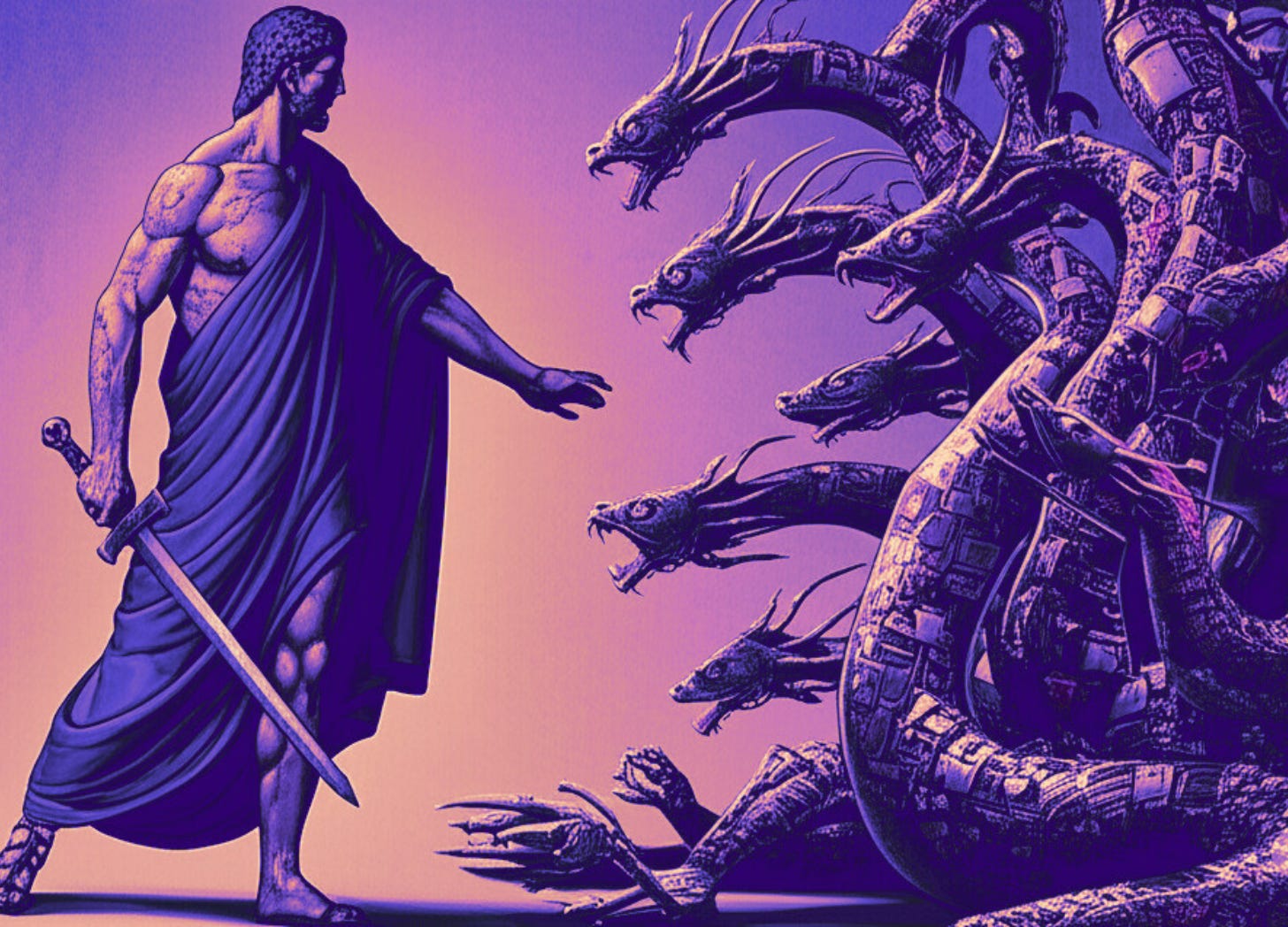
— CONCLUSION
It is the job of an artist to envision a better world, or at least a different world, and to share this vision with others in hopes of inspiring them to help bring it into reality. Technology has a similar goal on paper but infinitely more literal.
In the name of efficiency and a purely numerical bottom line, humanity has been slowly trading away the dignity of life. I can't help but think, repeatedly, of Vonnegut's "Player Piano" - a book that must've sounded like pure science fiction when it first came out but now sounds like things you could easily be reading about in today's news.
Because we have made profit the most important metric to be measured, we have made commercialization the most important trait for an idea to possess.
The issue isn't just this commercialization of artistic thought, though, but also how technology has shaped the very nature of creative expression and the conversation around artistic development.
In the name of "democratizing" art (as if creation were ever an elitist activity) the effect has been the opposite - a disproportionately sized voice has been given to a handful of tech corporations, to decide what art should be visible, valued, and promoted to the masses. This is the crux of the issue, and we are well past a "no taxation without representation" moment.
The call is not for a romanticized "tech-free" artistry or an anti-tech stance but rather an acknowledgement that Big Tech has proven time and time again that just about anything is ok to sacrifice in the name of increased profits - a sentiment fundamentally opposed to the nature of art. Worse, the consumer-experiencer has been led to question - does art even matter? - and the artist has been led to doubt - "Is it possible to make personal art in a system that only wants to commodify it, that only sees you as a tool for profit?"
Certain high level concepts in society (Democracy for example) perhaps can only be practiced by an educated and mature populace. Art is a way for a populace to develop this empathy and maturity - and certainly our society here in 2025 could use a little more of all these things.
Art is not just the selfish enjoyment one gets from creating and appreciating it. Art is also the magic spark of connection that happens between the artist and the appreciator, that conspiratorial nod passed along, that someone else also cared enough about this thought to invest time and energy into bringing it to life.
You cannot remove the artist from the equation and still end up with art.6
Do I ask a lot from my art? Absolutely, and you should too 😄
In Thucydides' History of the Peloponnesian War, expediency is a central theme, practiced most often by the Athenians, in which the pursuit of self-interest and advantage by individuals or states often overrides ethical considerations. States will prioritize what is beneficial to them, even if it means acting unjustly or against established norms, and expediency can be a safer and more practical path (for the perpetrator) compared to adhering to the laborious processes of justice and honor.
And if the recent flood of Miyazaki plagarism is any indication, it seems most people are so detached from their own creative spark that they would rather have someone else speak for them than learn to communicate for themselves
An interesting parallel for a much deeper rabbit hole I think would be that between the death of the Hollywood movie star and how, perhaps, corporate labels would like the same to happen with music. AI music in the background goes unnoticed and generates royalties, but there’s no “artist” that needs to be paid out.
And if this is triggering any sort of rebuttal… If you're further altering the outputs of the AI or compiling images for some larger work in some other way, I get it, there's an argument to be made, but its strength hinges on how much of your own thought and effort you put into the project, I think at least.
Art has an "aura" that can be bestowed upon a person or moment, as Walter Benjamin would say, all the way back in 1935, when he was one of the first to wonder about all this in his essay "Art in the Age of the Mechanical Reproduction."






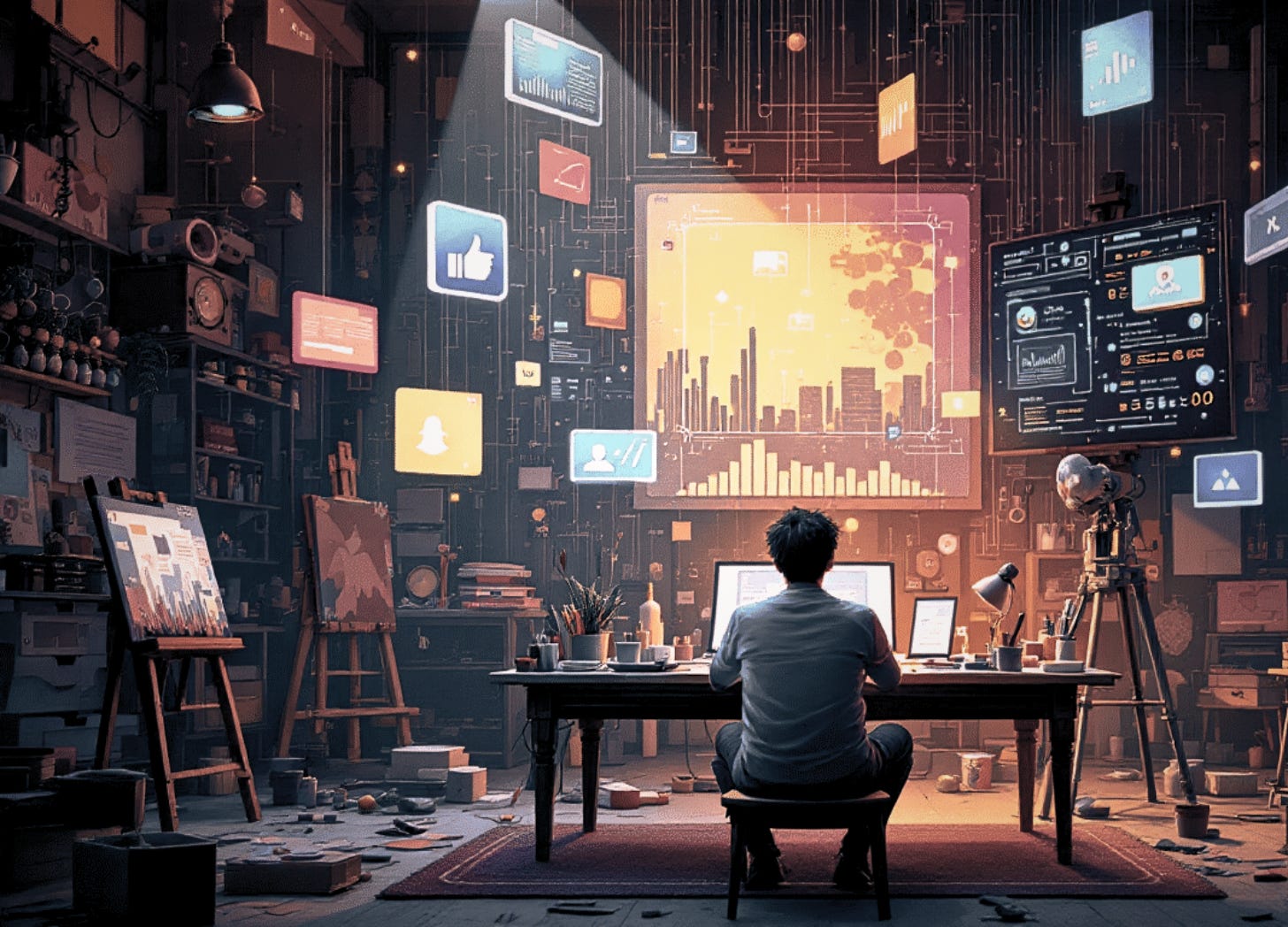
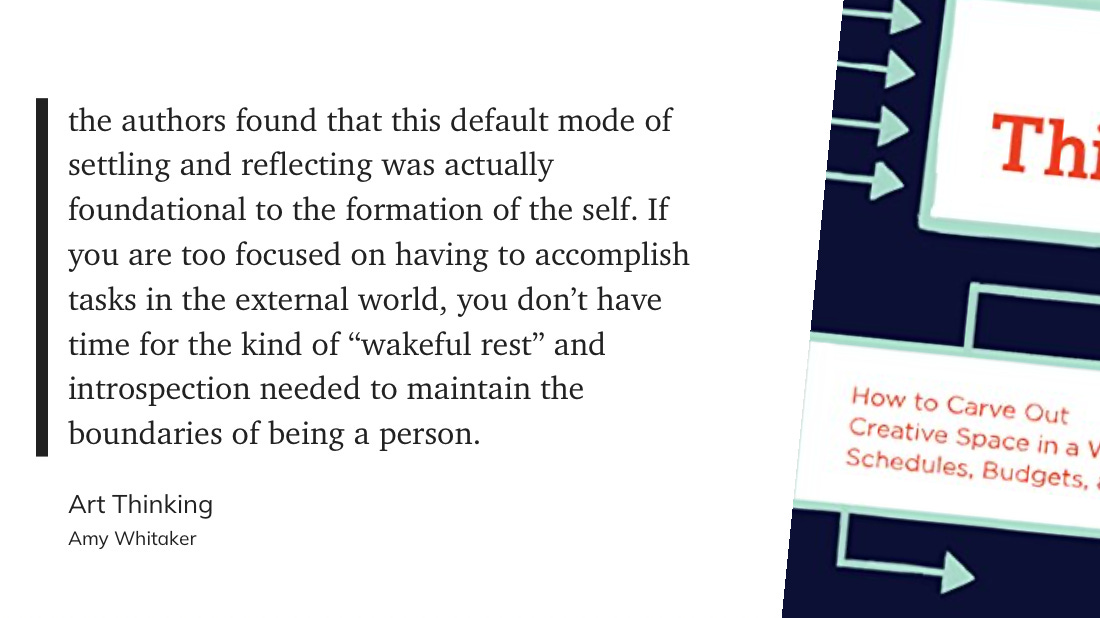

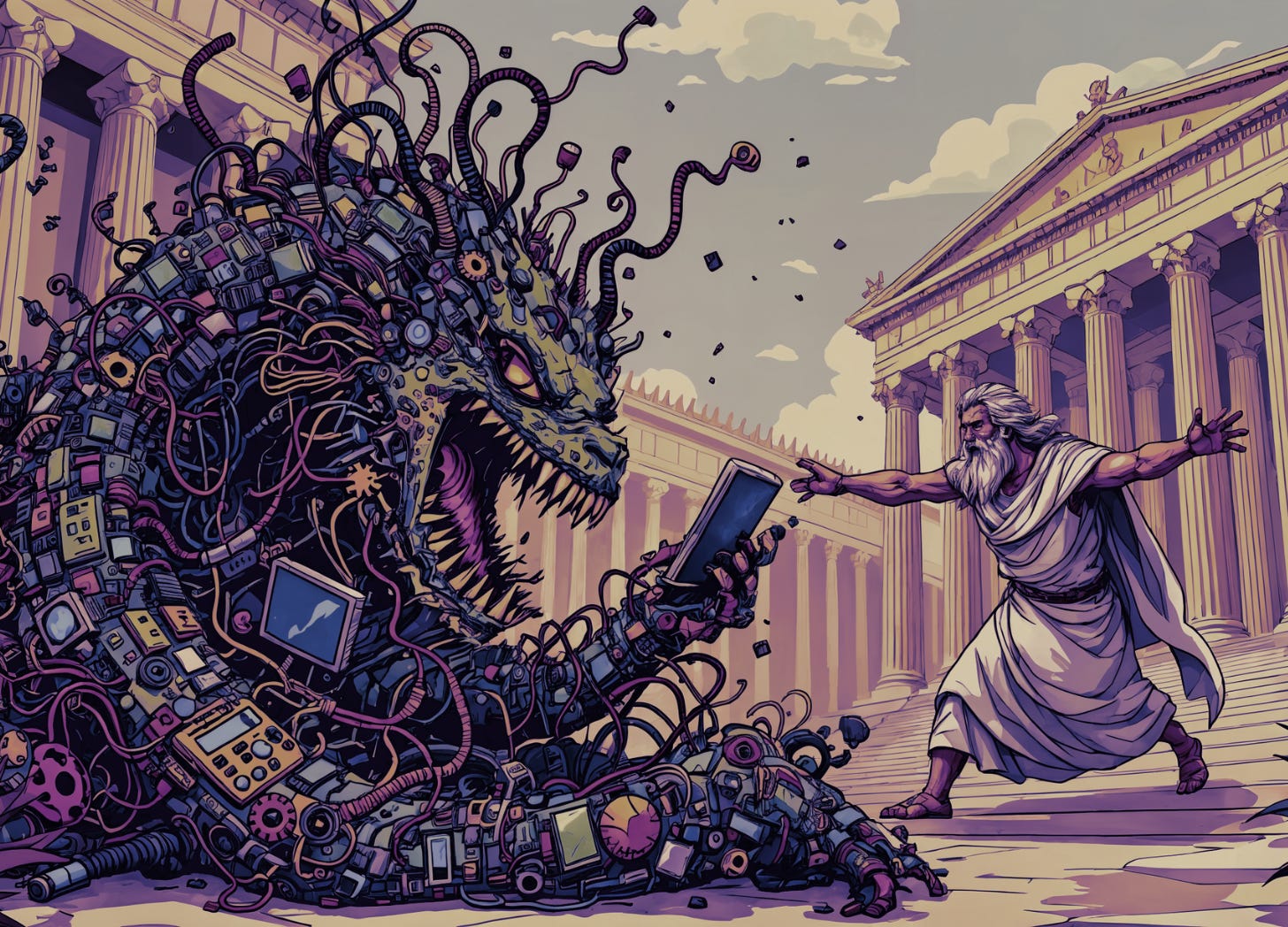
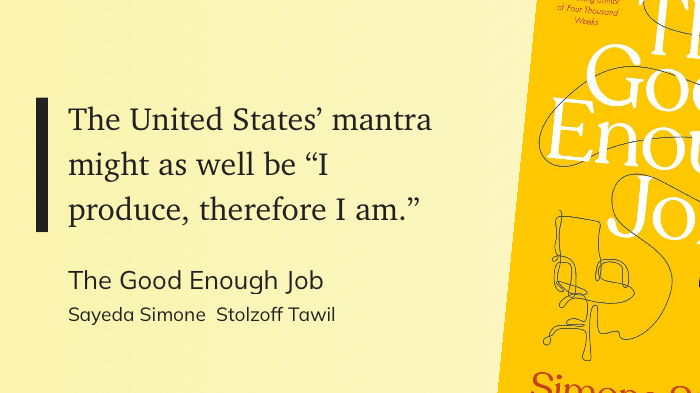
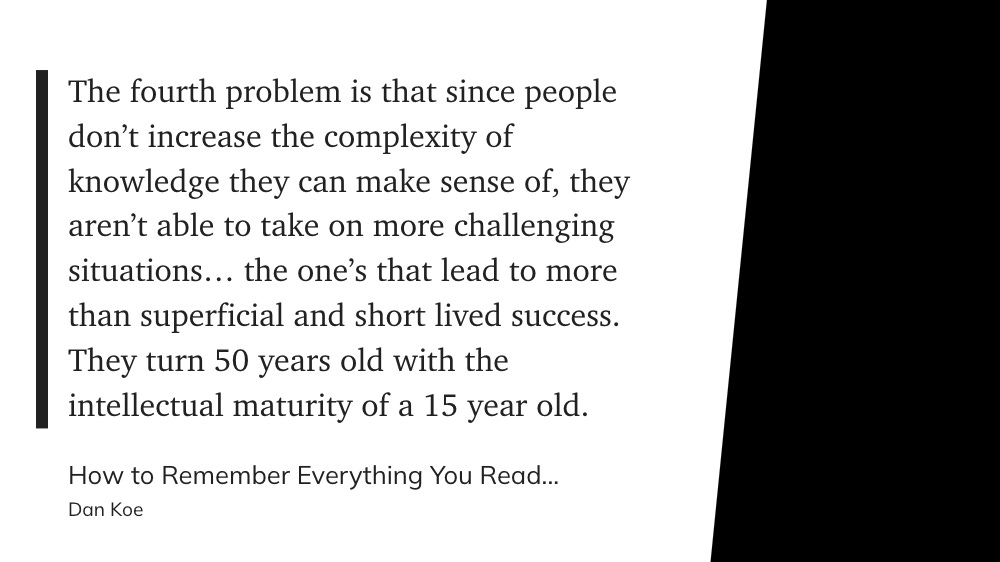
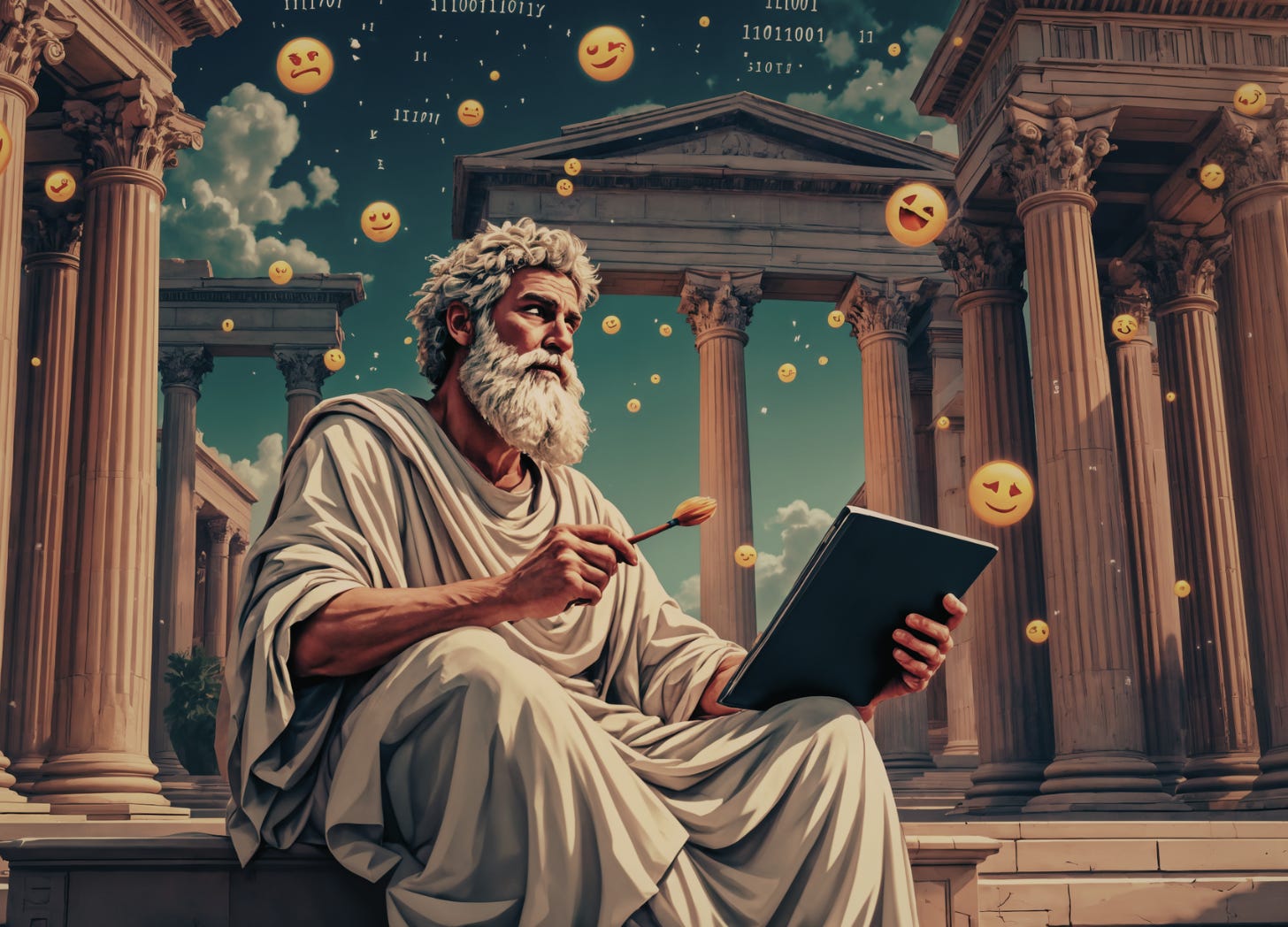

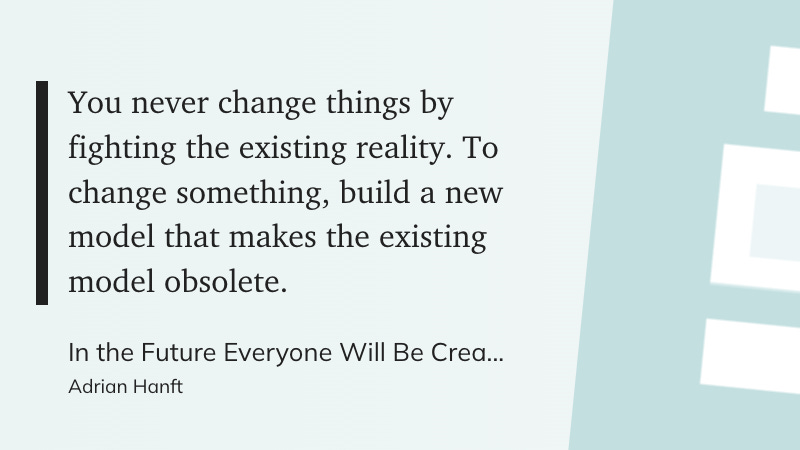
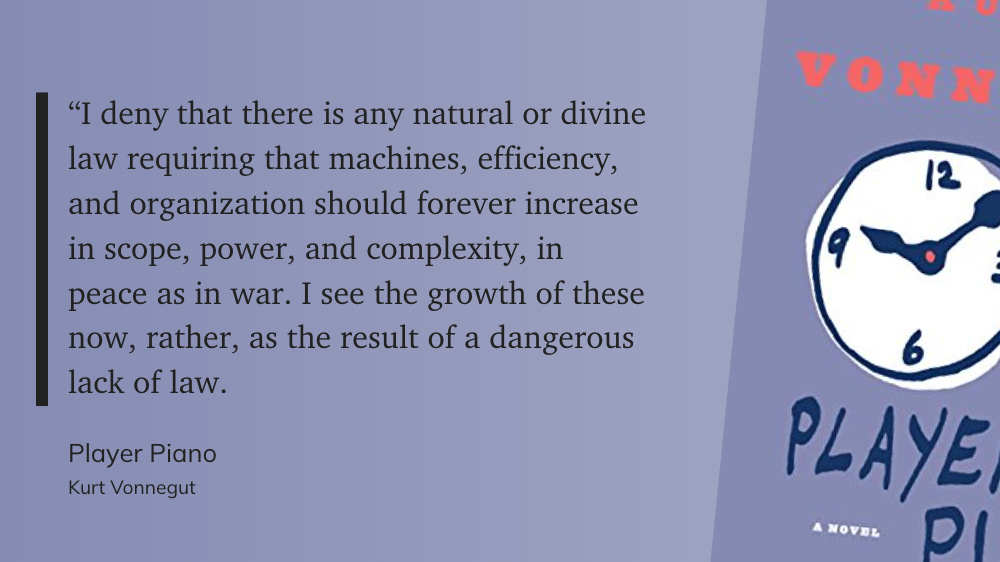
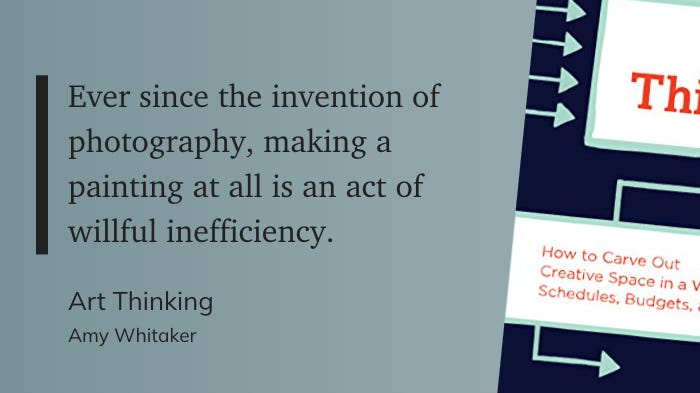
There’s so much to unpack here! I’m so pleased I found your Substack. I cannot remember the last time, if ever, I was so intellectually and philosophically engaged with a post on social media. Which further supports your point: the constraints of time and space that essentially define most social media posts and interactions are numbing our noggins. I’m finding that even as a “woman of a certain age,” my brain has been trained to crave those little dopamine hits that you get from consuming short bursts of content thrown at you. It’s frightening. And it also explains why young minds - I’m talking grade school aged - are so anxious and difficult to teach in the classroom today.
As a performer in the audiobook ecosystem whose livelihood is under direct threat from the fascination with generative AI and all the efficiency and economy it offers, I am realizing that the immediate threat actually comes from those choosing to sacrifice their written craft to an non-human, non-performing, non-feeling sound. “It’s so much faster than using a human narrator!” “It’s so much cheaper!” “I really want to use a human narrator but it’s only my backlist. I just won’t make my ROI if I went with a human narrator.” All utterances from authors I challenged about using AI-generated narration. All gut punches to the human narrator.
And there it is: the Thucydidcean concept of efficiency reigning supreme over these particular writers. The art has been written and now the art shall make money. And the faster that income comes, the better.
This is my uphill battle as a performer in our tech-dominated world. Thank heavens not everyone thinks as those particular authors who happily use AI narration do.
Thank you so much for this post, Philip.
You’ve so wonderfully articulated my jumbled thoughts and emotions about this subject, Philip. Thank you for this thoughtful, meaningful reflection.
For me, art began with therapy—and it was like my soul came alive! I realized my soul was my connection to the invisible world of spirit and light, and that world is love and truth—the source of authenticity and art that reflects the meaning of life. AI can create great logos, but it has no soul. In our fast-paced world, I can’t see any other way than through creative efforts for us to experience those things that connect us to higher worlds and to each other.
I guess the AI creators want to be God, too. They figured out how to write in a language and mimic Divine creation, but it’s all soulless, inside machines. We can walk next to a river, and then paint our vision of it, or look at a screen showing a lifeless digital river, which can never inspire a painting.
We are much more than meets the eye. I hope you and like-minded others will keep writing and inspiring us. Maybe we won’t lose ourselves along the way.